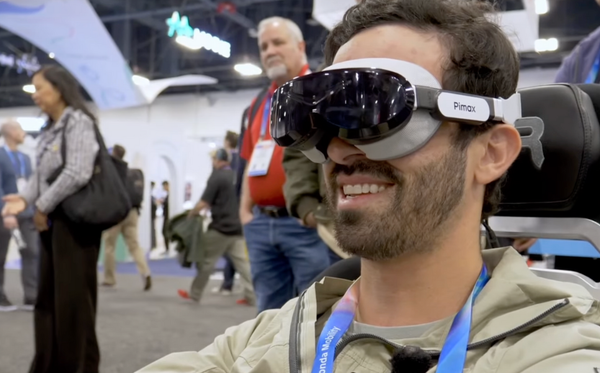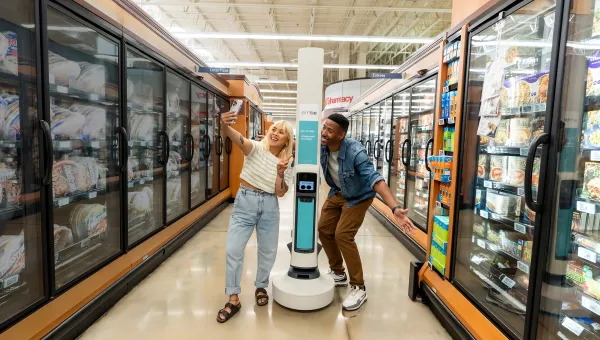University of Alberta Showcases Mixed Reality Glasses That Assist Stroke Survivors' Vision

- Proof-of-concept system shifts real-time camera input into stroke patients’ intact visual field using HoloLens 2.
- In walking tests, glasses reduced obstacle collisions from four to one across five participants.
Ophthalmologist Edsel Ing and a research team at the University of Alberta have developed a proof-of-concept system for the Microsoft HoloLens 2, designed to assist stroke and brain injury patients in recovering partial peripheral vision. The system utilizes a head-mounted computer camera to capture real-time surroundings and compress the visual environment into the patient's unaffected field of view.
“I’ve been an ophthalmologist for over 25 years and regretted telling patients, ‘I’m sorry, there’s not much available for you,’” says project lead Edsel Ing, chair of the Department of Ophthalmology and Visual Sciences and member of the Neuroscience and Mental Health Institute, in a University of Alberta article. "The mixed reality glasses can show most of the visual field, but in a different position and with some minification. These glasses give hemianopsia patients the perception of the whole world back again.”
The research focuses on hemianopsia, a condition in which patients lose vision on one side due to brain injury. It provides an alternative to existing aids like prisms or eye training. Five participants walked a 50-meter course with four soft obstacles. Without the glasses, three users collided with four objects; with the glasses, only one user struck a single object.
The system was published as an open-source tool to encourage further customization and development by patients and programmers.
🌀 Tom’s Take:
As spatial computers gain access to our senses, one of their most powerful roles is to augment human capabilities. By open-sourcing this system, the researchers invite the broader community to build on their work and expand its impact.
Source: University of Alberta News




